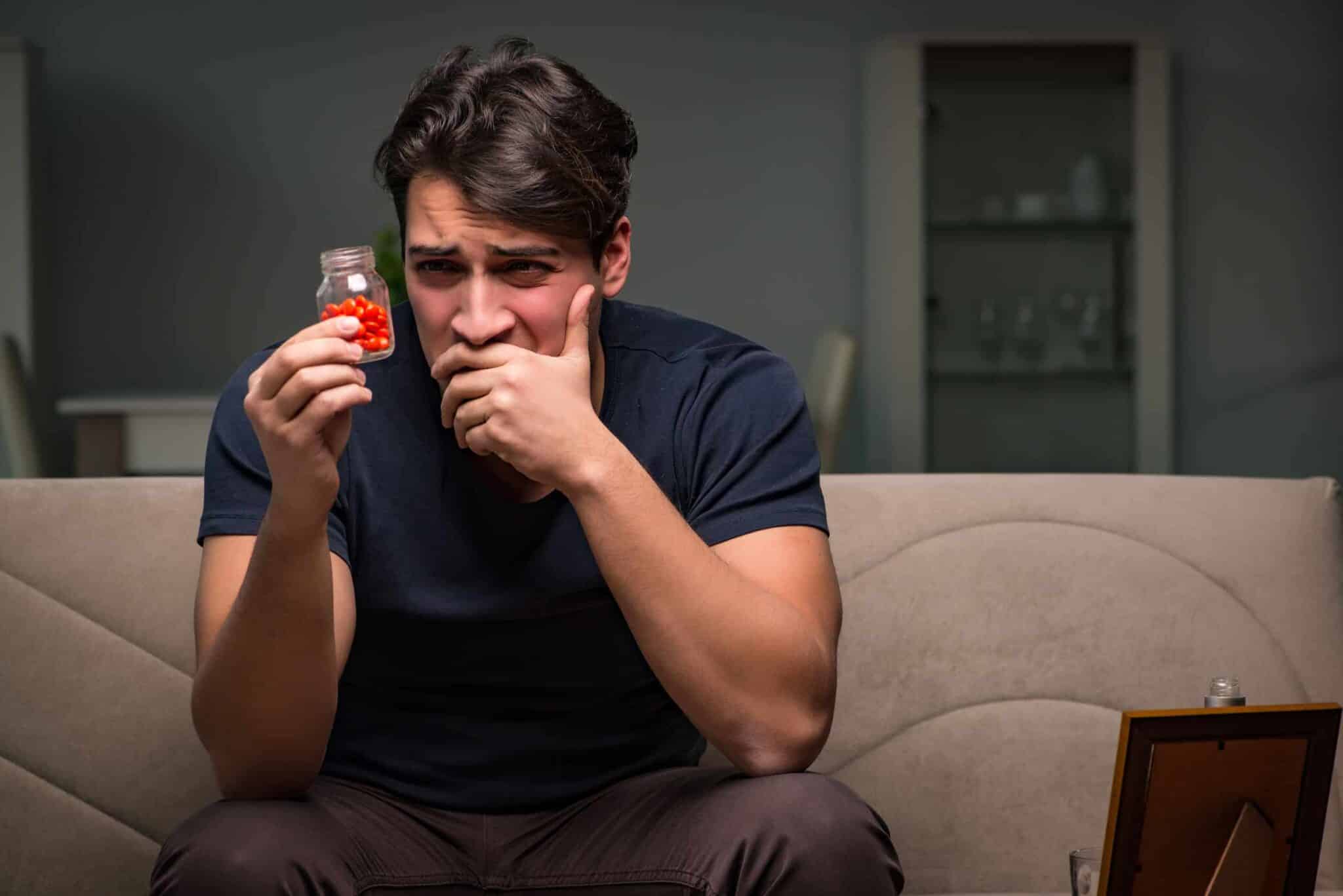Suicide, myths and realities
Suicide, myths and realities “Suicide is a selfish act”: Psychopaths and sociopaths are selfish but very rarely commit suicide. The depressed person reasons that her depression represents a serious problem for her family and loved ones. Therefore, suicide is an alternative for your family to free yourself from an emotional, physical and financial burden. In […]



